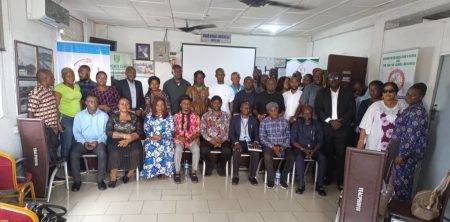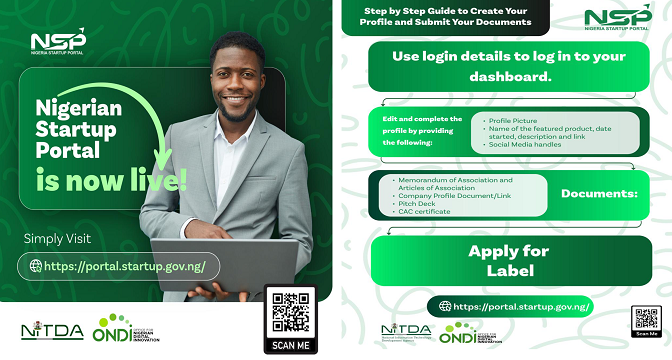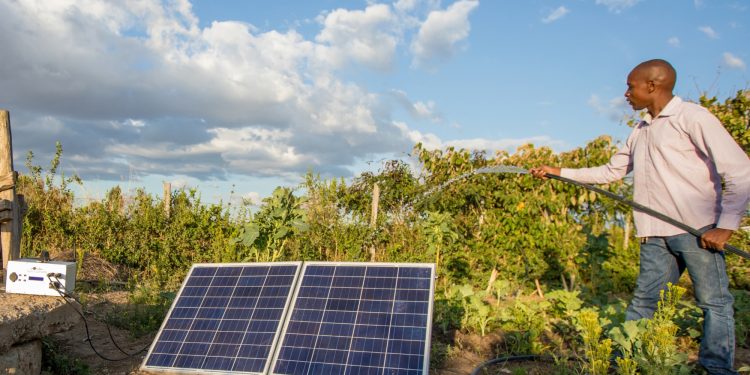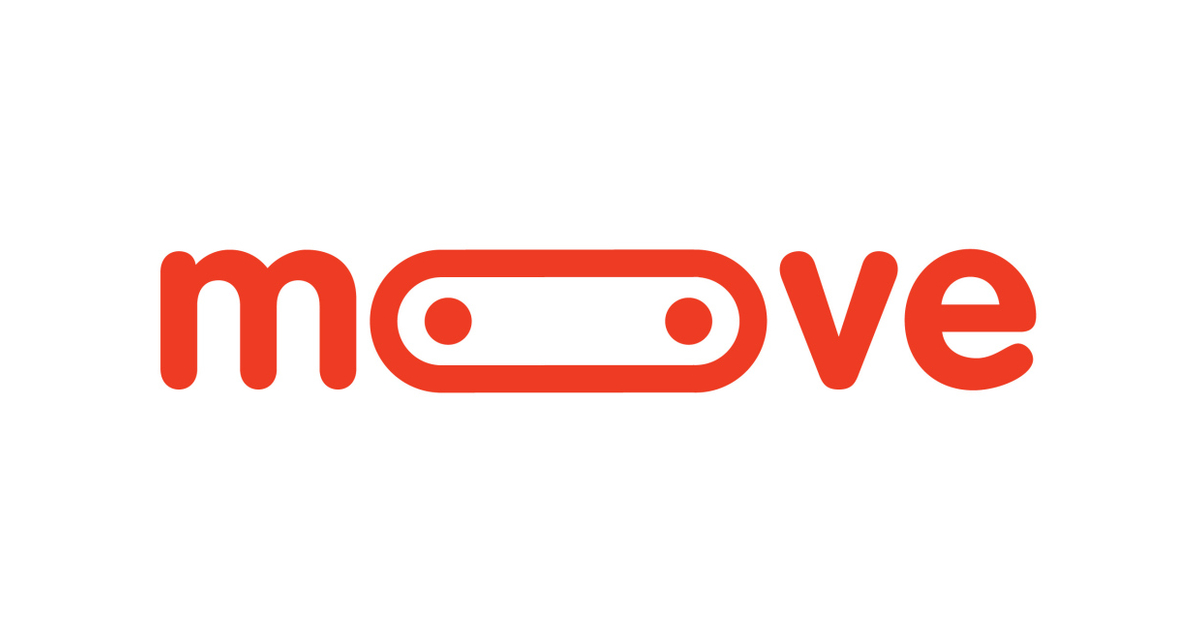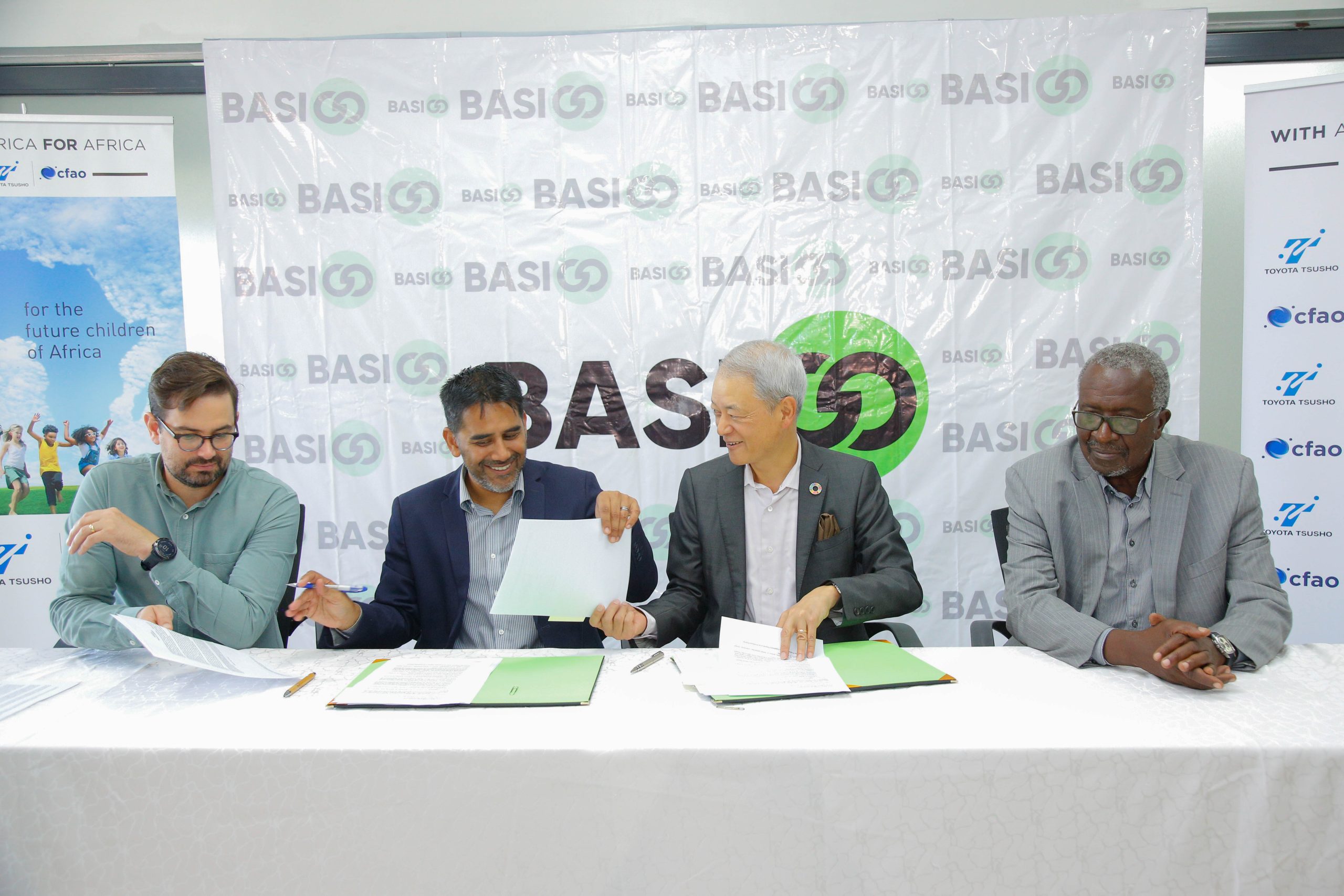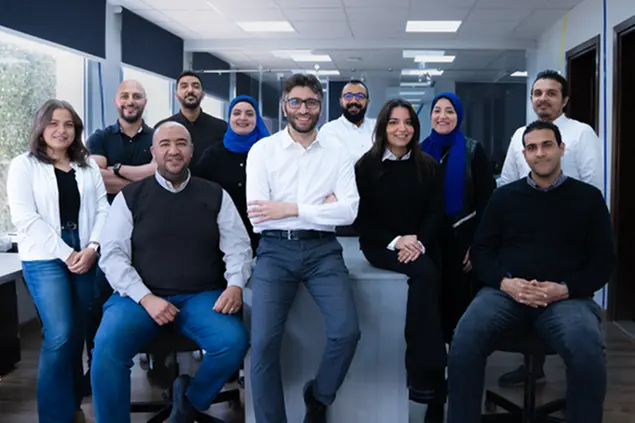The Youths for Environmental and Advocacy Centre (YEAC-Nigeria) has unveiled a pioneering solar off-grid project, the YEAC Community Energy And Development Centre (YEAC-CEAD), with the backing of UK development partners.
This initiative marks a significant step towards sustainable energy solutions for communities deprived of electricity.
The formal launch in Port Harcourt was more than just an event; it was the heralding of a new era. Fyneface Dumnamene Fyneface, the visionary behind the project, emphasized that YEAC-CEAD is not just about providing power; it’s about ushering in a clean energy revolution. This solar-powered venture starkly contrasts traditional power sources reliant on gas, diesel, or PMS, aligning with the global shift away from fossil fuels.
Read also: Nigeria opens startup portal for tech innovators
YEAC-CEAD Promises Reliability and Sustainability
YEAC-CEAD promises to end the all-too-familiar woes of power failures and inconsistent supply. The project guarantees stable and reliable electricity by harnessing solar energy, a game-changer for communities that have long suffered from inadequate power infrastructure. This renewable energy solution is sustainable and affordable, making it accessible to those who need it most.
The project also aims to address the rampant issue of oil theft in the region. Communities traditionally relying on petrol, diesel, and kerosene sourced from artisanal refineries are now turning to solar energy. This shift is expected to reduce the demand for illegally refined products, thereby discouraging the activities of artisanal refiners who have been damaging pipelines to sell their wares.
Through Alternative Livelihoods, YEAC-CEAD is poised to bring peace of mind to communities and youths involved in artisanal refining by offering alternative livelihood opportunities. The introduction of solar energy is set to create a peaceful environment conducive to business, free from the fear of security agency pursuits that currently plague the region.
The economic implications of YEAC-CEAD are profound. Communities like Umuolu in Delta State, which have never known the convenience of electricity, are now witnessing a surge in business prospects. The project is eliminating the need for generators, reducing pollution, and enabling the establishment of cold storage facilities, which are particularly beneficial for communities that rely on fishing as a primary source of income.
Read also: Young people must move with technological trends- Bosun Tijani
The Impact on Local Festivals and Livelihoods
The biannual fishing festival in these communities, once marred by the loss of perishable catches, will now significantly reduce waste thanks to the new cold rooms powered by solar energy. This development not only preserves the local economy but also promotes environmental conservation.
YEAC-CEAD is more than an energy project; it’s a catalyst for environmental, economic, and social transformation in the Niger Delta. By providing a stable, clean, and renewable energy source, YEAC-Nigeria is lighting up homes and igniting hope for a brighter, more prosperous future for the region’s communities. The project stands as a testament to the power of sustainable innovation in addressing some of the most pressing challenges society faces today.
